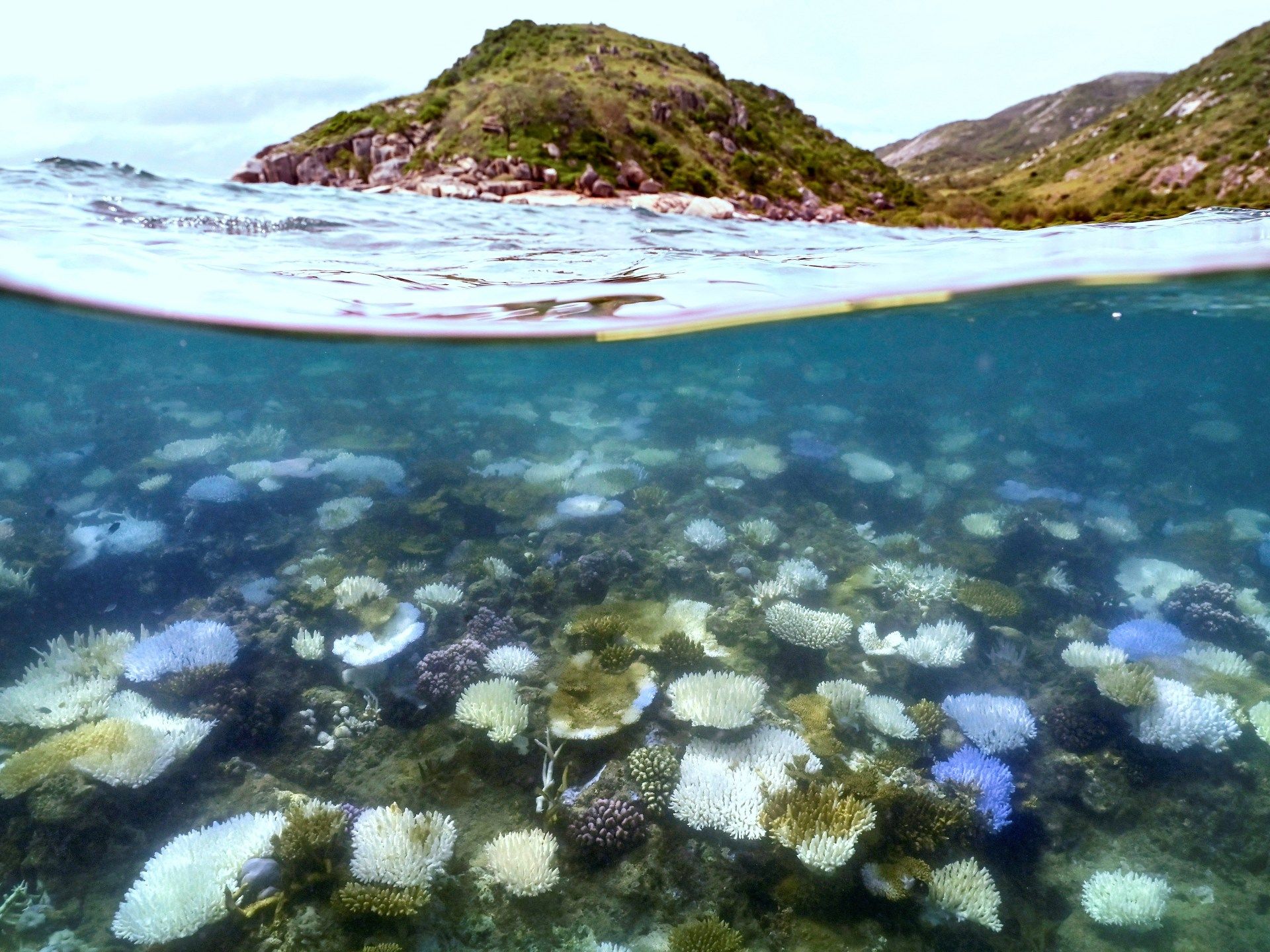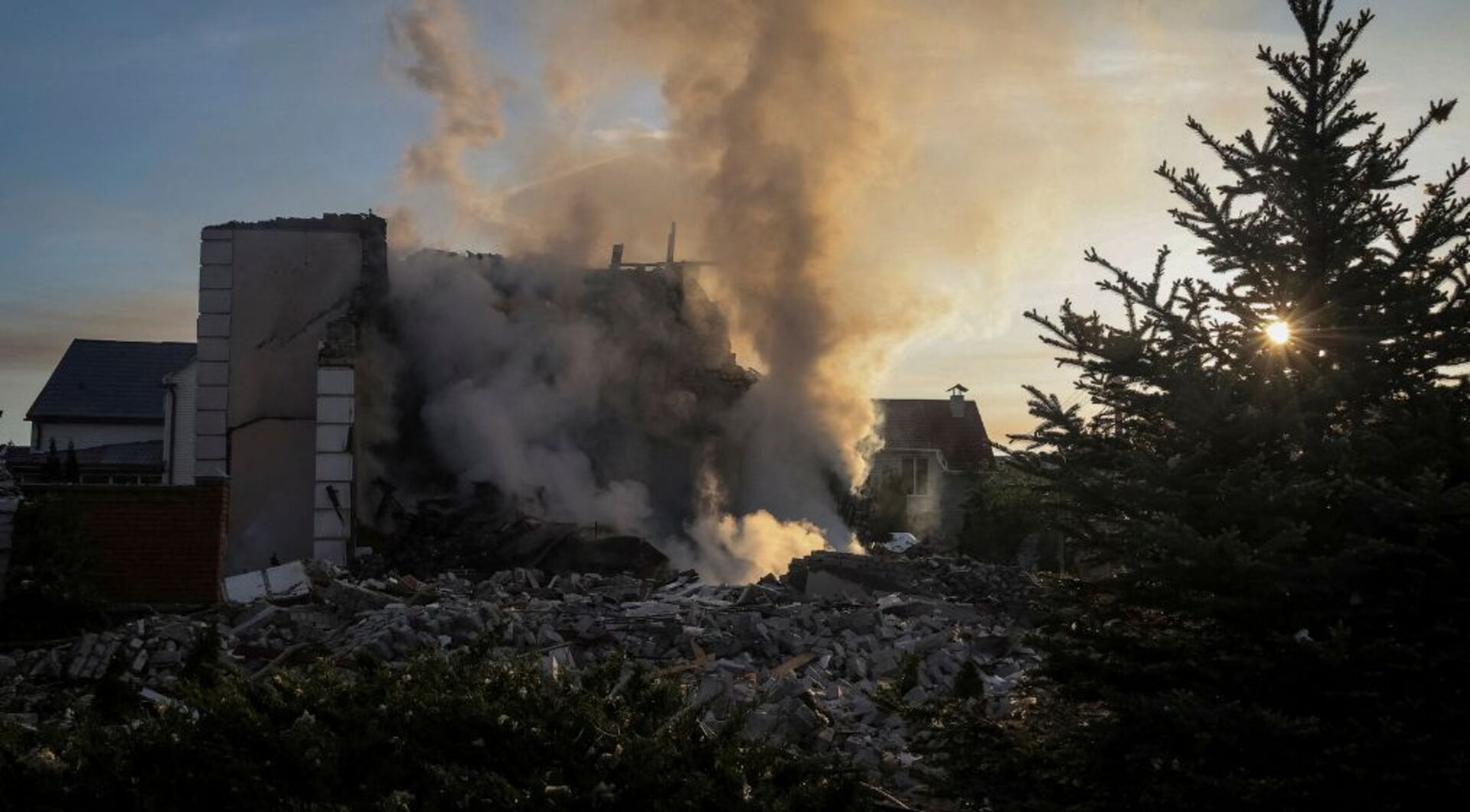The 2,300-kilometer (1,429-mile) reef is in its fifth mass bleaching event since 2016 and aerial surveys show the extent of the damage.
Australia's Great Barrier Reef, which stretches for about 2,300 kilometers (1,429 miles) off the country's northeastern coast, is experiencing the worst bleaching on record.
The extent of the bleaching was revealed in aerial surveys after the government agency tasked with managing the reef confirmed early last month that the reef had been hit by its fifth major bleaching event since 2016.
The bleaching, when corals expel the colorful microscopic algae that live in their tissues in an effort to survive, was triggered by a rise in water temperatures that began in December last year.
“This prolonged exposure to heat has led to massive bleaching of coral reef communities observed across all three regions of the Great Barrier Reef,” the Great Barrier Reef Marine Park Authority said in an update on its website. on Wednesday. “The combination of aerial and in-water surveys in 2024 confirms a mass bleaching event, with prevalent and extreme bleaching observed on multiple reefs in the 3
regions of the Great Barrier Reef Marine Park.
The agency said it examined a total of 1,080 reefs and 79 percent of them showed some level of coral bleaching. About 49 percent of the reefs studied showed high to extreme levels of bleaching, he said, with the most affected areas being in the central and southern parts of the World Heritage-listed reef.
In the southern region, heat stress was the highest recorded by the National Oceanic and Atmospheric Administration satellite since it began operating in 1985, the agency said. Across that area, the prevalence of bleaching ranged from high (31-60 percent of cover bleached) to extreme (more than 90 percent of cover bleached). Only 3 percent of the reefs studied were not bleached.
Coral reefs are living organisms and the Great Barrier Reef is considered one of the most species-rich habitats on the planet. It is home to hundreds of types of coral, 1,500 species of fish and 4,000 different mollusks.
Reefs also provide protection to coastal communities and are natural carbon sinks. Climate change is the biggest threat to their survival due to their sensitivity to heat.
“Only the strongest and fastest possible actions to reduce global greenhouse gas emissions will reduce the risks of heat stress on the Reef and limit the impacts of climate change on the Great Barrier Reef,” the marine park authority said.
Corals can recover from bleaching and the agency said the full impact of the event will not be known for some time. He added that studies in the water would continue.












